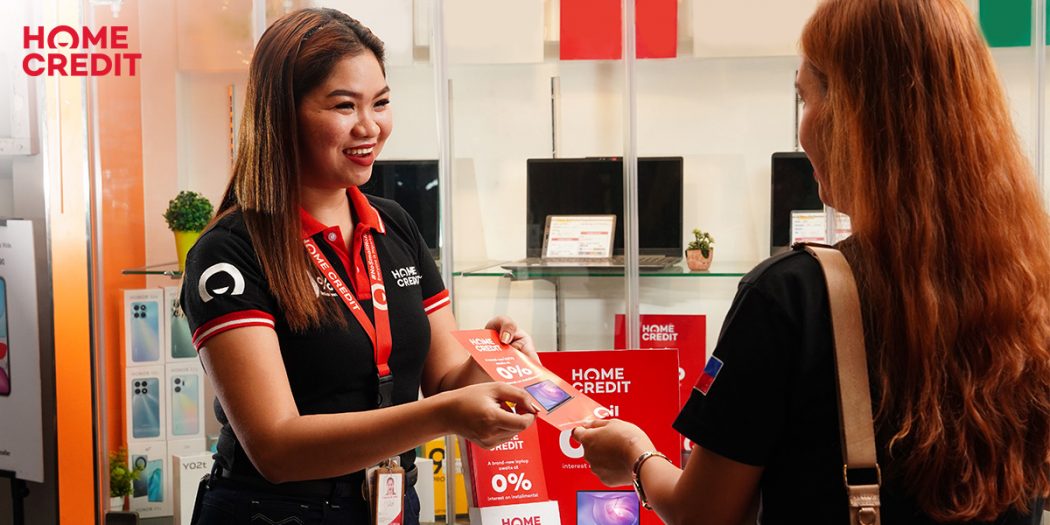TAGUIG CITY, Philippines – Amid this year’s back-to-school season, Home Credit Philippines (HCPH), the country’s leading consumer finance company, projects a significant surge in laptop sales, anticipating up to 1,200 units sold daily. This anticipated growth is based on the number of laptops sold last year during the peak of the back-to-school season in September and is driven by the ongoing digital learning revolution that has reshaped education nationwide.
With students and professionals increasingly relying on laptops for online classes, research, and other academic activities, the demand for reliable, high-performance devices is at an all-time high. HCPH’s recent sales report highlights this trend, showcasing a consistent growth in technology product demand, even reaching the surge earlier than last year’s September since the academic calendar started earlier this year.
In 2022, Home Credit sold P4.7B worth of laptops. This number rose to P5.3B worth of laptops in 2023, marking a 12.5% year-over-year increase. On average, almost 450 laptops were sold daily last year, underscoring a strong market demand, driven by the growing adoption of digital learning solutions.
September 2023 proved to be a milestone month for Home Credit, with daily laptop sales reaching an impressive peak of 1,200 units sold. This surge aligns with the Back-to-School season as families prepare for the academic year and equip students with essential technology.
“Our sales figures clearly reflect a strong and growing demand for gadgets that support students’ learning needs, especially laptops. Over the past two years, we’ve seen a notable increase in laptop sales from July through September. The peak in September highlights our strategic approach to leveraging seasonal demand, particularly the back-to-school season when the need for new or upgraded gadgets rises.
As the financial ally of the Filipinos, our financial support during peak shopping seasons allows us to provide our customers with the latest technology they need through 0% interest deals with various installment plans,” said Sheila Paul, Chief Marketing Officer of Home Credit Philippines.
Anticipating a similar trend this year, Home Credit has mobilized a campaign with its partners who offer laptops, smartphones, and other gadgets essential for students’ education. The company recently launched the Sulit-Skwela deals, designed to simplify the process of upgrading to the latest gadgets and ensuring students are well-prepared for the new school year.
“As digital learning continues to evolve, the intersection of technology and education will only become more prominent. Gadgets, especially laptops, will remain at the forefront of this evolution, supporting diverse learning methods and enhancing educational outcomes. We are excited to play a role in shaping the future of learning. By assisting parents in providing students with access to technology, we are investing in every learner’s potential and the future of our society,” Paul added.
Home Credit’s Sulit-Skwela offers feature 0% interest deals on a wide range of back-to-school essentials until September 30, 2024. This includes laptops, which are essential for tasks such as document creation, presentations, and video editing. The promotion also extends to smartphones and tablets for communication, note-taking, and research.
Customers can benefit from flexible 0% interest installment plans ranging from six to 18 months, making it easier to manage finances during the back-to-school season. These offers are available at over 15,000 Home Credit partner stores across more than 75 provinces nationwide.
For convenience, customers can download the Home Credit App, available on Google Play or App Store, for fast pre-approval of product installments, or talk to a Home Credit representative at any partner store. To know more about the latest updates from Home Credit Philippines, visit its official website, www.homecredit.ph or visit Shoppingmall.ph to browse the latest 0% interest deals.
Home Credit Philippines is a financing company duly licensed and supervised by the Securities and Exchange Commission (SEC) and the Bangko Sentral ng Pilipinas (BSP).

